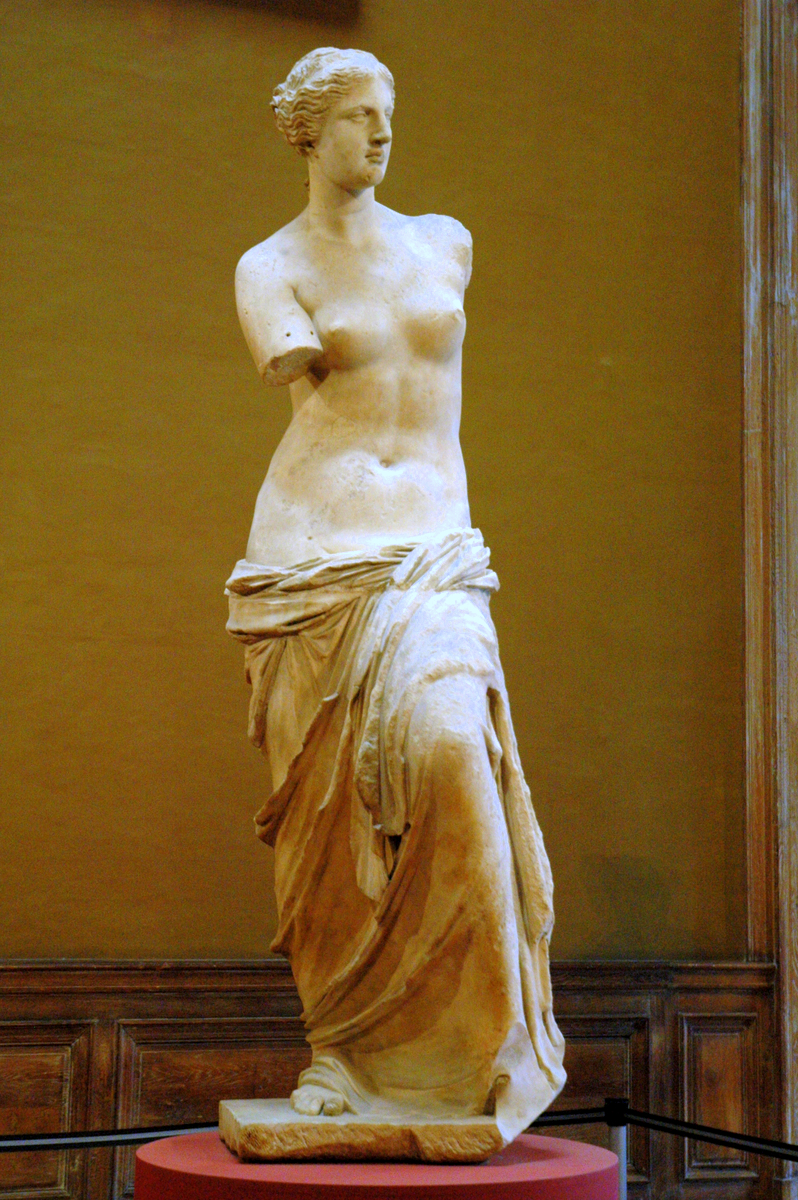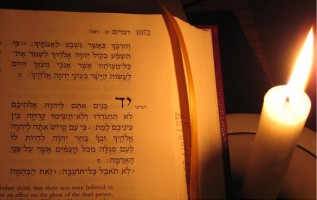Category: Cornucopia
-
Caught
I’ve been reading news stories about people dealing with addiction and depression, people who have committed secret transgressions that finally broke out of their control and caused public ruin and shame for the sufferers and their families. There is so much pain and heartbreak, both for those innocents who must bear the consequences and for…
-
Gender and Priesthood
I think that women should receive the priesthood. I don’t find the reasons that have been given as to why the priesthood is limited to males very compelling. I don’t think that motherhood is a good analog to priesthood, or rather I think that motherhood is a kind of priesthood (an exercise of godly power by human beings) but…
-
Primitive church
Times & Seasons used to post, from time to time, something “From the archives”. I revisited a post I published eight years ago, updated a few items, and thought it would still be worthwhile to read. My question to you: what are your memories of the “Primitive church”, if you ever had the privilege of experiencing it?
-

Finding My Heavenly Mother, Part 2
The same drive which called art into being as a completion and consummation of existence, and as a guarantee of further existence, gave rise also to that Olympian realm which acted as a transfiguring mirror to the Hellenic “will.” The gods justified human life by living it themselves—the only satisfactory theodicy ever invented. –…
-
SMPT at Utah State: Theology of the Book of Mormon
This coming Thursday through Saturday at Utah State University, The Society for Mormon Philosophy and Theology will be holding its 2012 conference, on the theme, “Theology of the Book of Mormon.” There will be over 30 paper and panel presentations, including: “The Promise of Book of Mormon Theology” —Grant Hardy, Professor of History and Religious…
-
Informing members timely – a PA function?
Last week a Belgian church member, with a long record of outstanding leadership service in the Church, put a link on his Facebook page. The link went to an article in a local newspaper, titled “Homosexuality kills more than smoking” (translated), reporting on the recent anti-gay outburst of Jim Wallace, head of the Australian Christian…
-
Prudence, Altruism, and Curses
Prudence requires that we recognize the reality of times other than the present, specifically, future times. Altruism requires that we recognize the reality of people other than ourselves. Prudence allows us to delay gratification for our own future benefit. We budget, we plan ahead, we save for a rainy day. Altruism allows us to do things…
-
Don’t Read That! Your Testimony Will Be History!
Julie Smith opens her excellent T&S review of Turner’s Brigham Young: Pioneer Prophet (which I’ve not yet read) with clear reservations about recommending this book to the “average” church member.
-
Book Review: Brigham Young: Pioneer Prophet by John G. Turner
I suspect that John G. Turner’s Brigham Young: Pioneer Prophet will be the definitive biography of Brigham Young for the next few decades. Overall, this is a good thing.
-

A Perfect Exhibit for the BYU Museum of Art
A beautiful young woman sleeps, dreaming of her true love. When his lips meet hers, her eyelids flutter open. Their eyes meet, and they fall instantly in love. She’s already conveniently attired in a wedding dress, so they get married immediately and live happily ever after. The fairytale comes to life in an exhibit at…
-
Eugene
Eugene came from the Congo and accepted the gospel while studying in Belgium. After having obtained a doctorate in economics of developing nations, he returned to Africa. During the years with us, Eugene fulfilled many callings, willingly responding to the recurrent changes in positions our branch and district demanded in the relentless cycle of convert…
-

NYC Institute Announcement: Psalms and Israelite Poetry
I didn’t think I’d be able to teach again in Fall, but my schedule changed and then I was asked. And so, I announce an Institute class to be held Tuesday nights at 8Pm at the Union Square building in Manhattan, on Psalms and Israelite Poetry. Class begins next Tuesday, Sept. 11th, and will continue…
-
How do we say goodbye?
How do we say goodbye to those who choose to leave the Church? We who stay are torn, pulled on the one hand by our faith and hope for salvation, ours and theirs, and on the other hand by respect for their agency and personal revelation. Do we feel better about people who make a…
-

Mormon, Helaman, Fiction, and History: Short Notes
We had some interesting discussion in Gospel Doctrine class on Sunday, focused on Helaman 2, where Helaman’s servant was joining Gadianton’s group. From my view, he wasn’t infiltrating the group, but joining for personal gain… until he learned what their higher goals were, at which point he bails out by killing Kishkumen and fleeing to…
-
Do not convert exchange students
When I was counselor in the Belgium-Netherlands mission presidency, the mission president asked me one day to handle the following. He had received a letter from a Utah family informing him that they had hosted a Belgian student as part of a high school exchange program. The family was “super excited” to tell the mission…
-
Object Lessons!
I am pretty much exhausted by the discussion of modesty and chastity in both LDS and feminist circles. This is unfortunate timing because my daughter has not yet started in Young Women’s, so I know we’ll be subjected to several more years of these lessons in the near future. Instead of dreading these earnest discussions…
-

Why Translations Differ, Part 6: Putting It All Together. Mostly
To summarize the first five parts of the series (linked below) and apply what we’ve learned to the original question- Translations can vary for multiple reasons: 1) Different underlying texts (MT vs DSS) and influence of the versions (LXX, Targums, etc.) 2) Different understandings of the text on the grammatical and syntactic level 3) Different…
-
Priesthood Power and Seduction
A defining moment in my religious life occurred when I was 11-years-old and sitting in a typical Sacrament Meeting. A boy who had bullied me — at church, at school, in the neighborhood — for six years was sustained by the ward after getting the Aaronic Priesthood. Sitting the the pew it hit me squarely…
-
Not a Legitimate Rape
I’ve been listening to the radio this morning about the Republican Party platform and abortion and rape. I’ve never had an abortion; thankfully I’ve never been in a situation where that seemed like a viable option. I am thankful that the Church handbook allows for abortion, but even there the wording is “forcible rape or…
-
GAGA: The Insidiousness of Assuaging Guilt with Government
By Samuel M. & Alison Moore Smith On August 11, 2012, a politically charged discussion began on Facebook among some church members. One man posted a link to an article written by his former dissertation advisor, Steve Schneck. While the article did little to claim ownership of “subsidiarity,” it did bring out some strong opinions.…
-

The War Chapters- Three Brief Notes
A few quick references for the War Chapters- While unlikely to make its way into the average Gospel Doctrine class, I’d call attention to the covenant/curse ritual in Alma 46:21-22, with its symbolic actions or “simile curses.” Very briefly, covenanters called down curses on themselves for violation of the covenant, but blessings for keeping it. …
-
Midterm answers, final part
Here is the last of 3 sections of answers to the Book of Mormon exams I gave at BYU several years ago. (Original post, answers part 1, answers part 2) 27) Joseph Smith, responding to the question “What are the fundamental principles of your religion,” replied, “The fundamental principles of our religion are the testimony…
